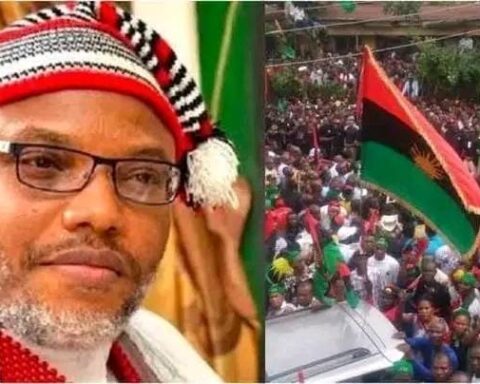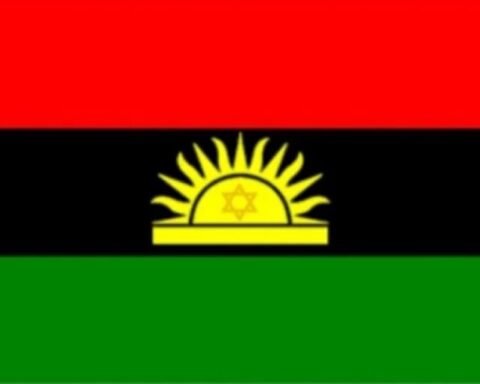Worried by the rising cases of Mpox (Monkeypox) in Africa, the World Health Organisation (WHO) has announced its intention to declare the disease a major public health emergency, just as the Africa Centre for Disease Control (Africa CDC), is also set to do.
WHO Director General, Dr. Tedros Ghebreyesus, in a tweet, at the weekend, hinted that the decision to declare the disease a major public health emergency might be taken at a meeting of relevant stakeholders this Wednesday – August 14, 2024.
“I am convening the emergency committee meeting regarding the upsurge of monkeypox on Wednesday, 14th August, 2024. The Committee will provide me with its views on whether the outbreak constitutes a public health emergency of international concern, and if so, it will advise me on the temporary recommendations on how to better prevent and reduce the spread of the disease and manage the global public health response,” Ghebreyesus, an Ethiopian, tweeted.
Similarly, the Africa CDC said its action on monkeypox might coincide with the expected decision of the WHO on Wednesday regarding the consideration of monkeypox, a major public health emergency.
Director of Africa CDC, Jean Kaseya, said in a tweet, that the impending decision emphasized the significance in controlling the outbreak and mobilizing resources for response, adding that the declaration is expected to boost African production of diagnostic tools and ease import restrictions on medical supplies.
He confirmed a surge of the disease across Africa in 2024, matching 2023’s total in just six months, explaining that since January 2022, over 38,000 cases and 1,456 deaths have been reported across the continent.
“This year alone, 10 African Union States have recorded more than 14,000 reported cases, 2,750 confirmed cases, and 450 deaths. This represents a 160 per cent increase from the same period in 2023,” Kaseya said.
“The recent outbreaks in Ivory Coast, Kenya and Uganda highlight the virus’s expanding reach. Monkeypox infections in Burundi, Kenya, Rwanda and Uganda are the first on record in these countries.”
Meanwhile, the Nigerian Centre for Disease Control’s (NCDC’s) epidemiological report of July 4th, 2024, indicated that in week 25-28 of 2024, 102 new suspected cases of monkeypox were reported, compared with 115 cases reported in week 21-24.
These were reported from 18 States across 47 local government areas, according to the Centre.
It noted that no monkeypox-associated death has been reported in 2024, but since the week 1 of 2024, 19 States have recorded, at least, one confirmed monkeypox case across 30 Local Government Areas.
It further noted that since September 2017, 4, 540 suspected cases have been reported from 36 States and FCT in the country. Of these 4, 540 suspected cases, 1, 123 (24.7%) were confirmed (with males predominantly affected) from 35 States and FCT. 17 deaths have been recorded since the re-emergence
in 2017.
NCDC, however, confirmed that the National monkeypox multi-partner, multi-sectoral Technical Working Group (TWG) has continued to coordinate monkeypox activities for effective and efficient surveillance, data collection and effective management.
It encouraged Nigerians to avoid direct contact with wildlife, especially those found sick or dead, warning that people should learn to use “use something to protect self from infection, and
where possible, avoid close (face-to-face, skin-to-skin, and mouth-to-mouth) contact with people who have been confirmed to have Mpox or have signs and symptoms of Mpox.”
It added: “Where possible, avoid touching or sharing personal items like beddings, eating utensils, clothes, phones, or other belongings of a person who has the signs and symptoms of Mpox. Cook all animal food products properly before eating, and wash your hands with soap and running water after contact with wildlife.”



























